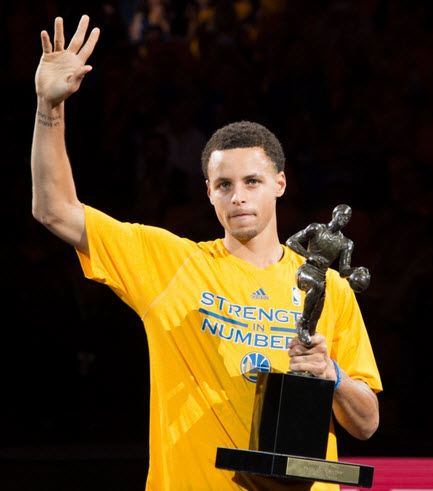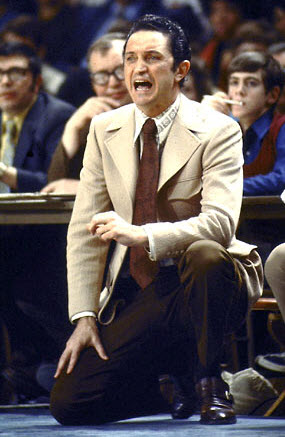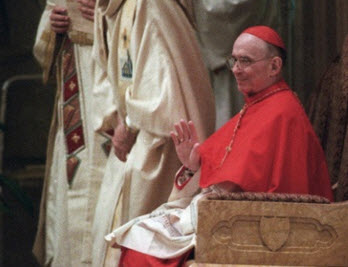WORK: The 4-Letter Word That Underscores Leadership

It is such a simple concept.
 How do you succeed in life? How do you make teams, businesses, or institutions succeed? There can be a number of reasons for success in any arena, but the one recurrent concept that always comes to the front is work.
How do you succeed in life? How do you make teams, businesses, or institutions succeed? There can be a number of reasons for success in any arena, but the one recurrent concept that always comes to the front is work.
Besides leading his team to the NBA championship, Stephen Curry was honored as the NBA’s Most Valuable Player this year. When you look at his physical body, then look at the size of the players he drives into as he attacks the basket, you hope he will come out alive!
Due to his size, the major colleges all decided not to recruit him. They simply felt he was too small to take the beating he would receive at their level. When he led Davidson, a mid-level Division 1 school that took a chance on him, deep into the NCAA tournament, he made believers out of all the coaches who passed on him.
But when he came to the NBA, the very same size concern followed him. The experts said he probably could not take the punishment.
Not only did he show people that he could play in the NBA, but that he could play at the highest level, the MVP – championship level.
How did he get from a player who was told all his life he was too small to play at the level he aspired to, to a player who not only made it to that level, but excelled there? The answer that I hear from him is just one word – work.
Vince Lombardi, the highly successful Green Bay Packer coach, used to tell his players, “The harder you work, the harder it is to surrender.” UCLA’s John Wooden used to tell his players, “There is no substitute for hard work.” He also used to say, “Understand there is a price to be paid for achieving anything of significance. You must be willing to pay the price.”
Lombardi’s statement on surrender is exactly why you practice so hard. Having given all that work in practice, there is no way you are going to surrender in the game when the tough times come. Wooden’s statement on hard work says it all. If there is a substitute for hard work, what is it? His thoughts on a price to be paid seems to go right back to one word – work.
I have been fortunate to coach individual athletes and teams that were willing to pay the price. I cannot think of one of our athletes who made All-Conference to All-American who wasn’t a very hard worker, just as I cannot recall any team that won championships that did not work.
Athletics is definitely an arena where work is very evident. If you want to be good, you must pay the price. There are no short-cuts. But work most certainly transcends athletics. Success, in any venue, demands that the leader works and that he inspires others to follow suit. I saw that concept work at a high school and a college.
When I was teaching and coaching at Providence High School, the Bishop’s committee voted to close our school. After some months of reflection, the Bishop vetoed his committee, kept Providence open, and sent us an extraordinary leader to be our principal, Father Roger Kaffer. If you were going to work for Father Kaffer, you really had to make a commitment to work because his work ethic was off the charts! Providence today excels because of the work Father Kaffer did when closure was so imminent.
When I came to the College of St. Francis, the school, I learned years later, was almost bankrupt. Under Dr. Jack Orr’s leadership, St. Francis thrived. His total commitment to work for the good of the College laid all the groundwork for the College to later become the University of St. Francis. His work kept the University open. St. Francis today has been recognized as one of the best universities in the Midwest.
If leaders are to achieve success in their organization, they have to look at their work habits. They have to lead by their commitment to WORK.







